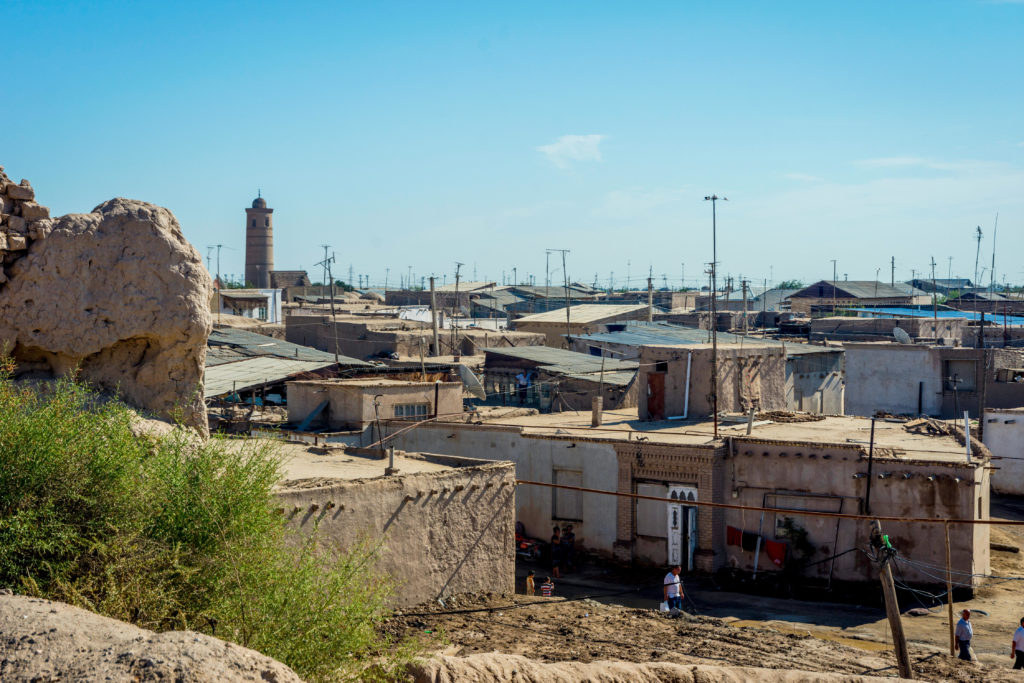TASHKENT
Uzbekistan will build a 220-kilowatt digital substation, Zafarabad, in the central Jizzakh region with the financial support of the Asian Development Bank (ADB).
“The digital substation Zafarabad, with a high level of automation of technological processes, equipped with the most modern information technology and control systems and means, will provide 500 megawatts of additional power to the regional power system,” said Feruz Kurbanov, Deputy Chairman of the National Electric Grids of Uzbekistan.
As a result of an international tender, held in accordance with ADB procedures, a contract for the construction of the power facility on a turnkey basis was awarded to the Chinese Shanghai Electric Group Co, while Germany’s GOPA, International Energy Consultants GmbH, was named as the project’s consulting company, Uzbekistan’s Energy Ministry said.
The substation is expected to be commissioned in 2023.
The ministry did not reveal the cost of the project saying that the investment project was being implemented in accordance with the decree of the country’s president.
The decree on measures for the widespread introduction of the digital economy and digital electronic government was signed in 2020.
In June, the World Bank said it would allocate a $380 million concessional loan to modernise Uzbekistan’s ageing electricity infrastructure, an improvement that is expected to boost the regional electricity trade across Central Asia.
The country’s Electricity Sector Transformation and Resilient Transmission project will also receive a $43 million loan from the United Nations-backed Green Climate Fund (GCF), the world’s largest climate finance institution.
The project’s aim is to ensure millions of households and businesses across Uzbekistan receive a reliable energy supply, which the current infrastructure is unable to provide. The government will receive this financing at very low interest rates and with the longest repayment period of up to 40 years. The GCF will also provide a $4 million grant to cover selected project activities.
Demand for electricity in Uzbekistan is fast outstripping capacity. Electricity demand in the country of 35 million is expected to grow to over 100 terawatt-hours (TWh) by 2030, a significant increase from 61 TWh in 2018. But while Uzbekistan has more than 250,000 km of electricity transmission and distribution lines, most were built in the Soviet period and are now past their useful economic life. This outdated infrastructure means that 20 percent of net electricity generation is routinely lost, and power outages are frequent.
The World Bank said that modernising the system would ensure a reliable electricity supply for approximately 32 million consumers and enable the grid integration of new large-scale renewable energy generation projects. It will also contribute to the development of regional electricity trade in Central Asia by rehabilitating and expanding transmission infrastructure connecting Uzbekistan with Afghanistan, Kazakhstan and Tajikistan’s electricity systems.

